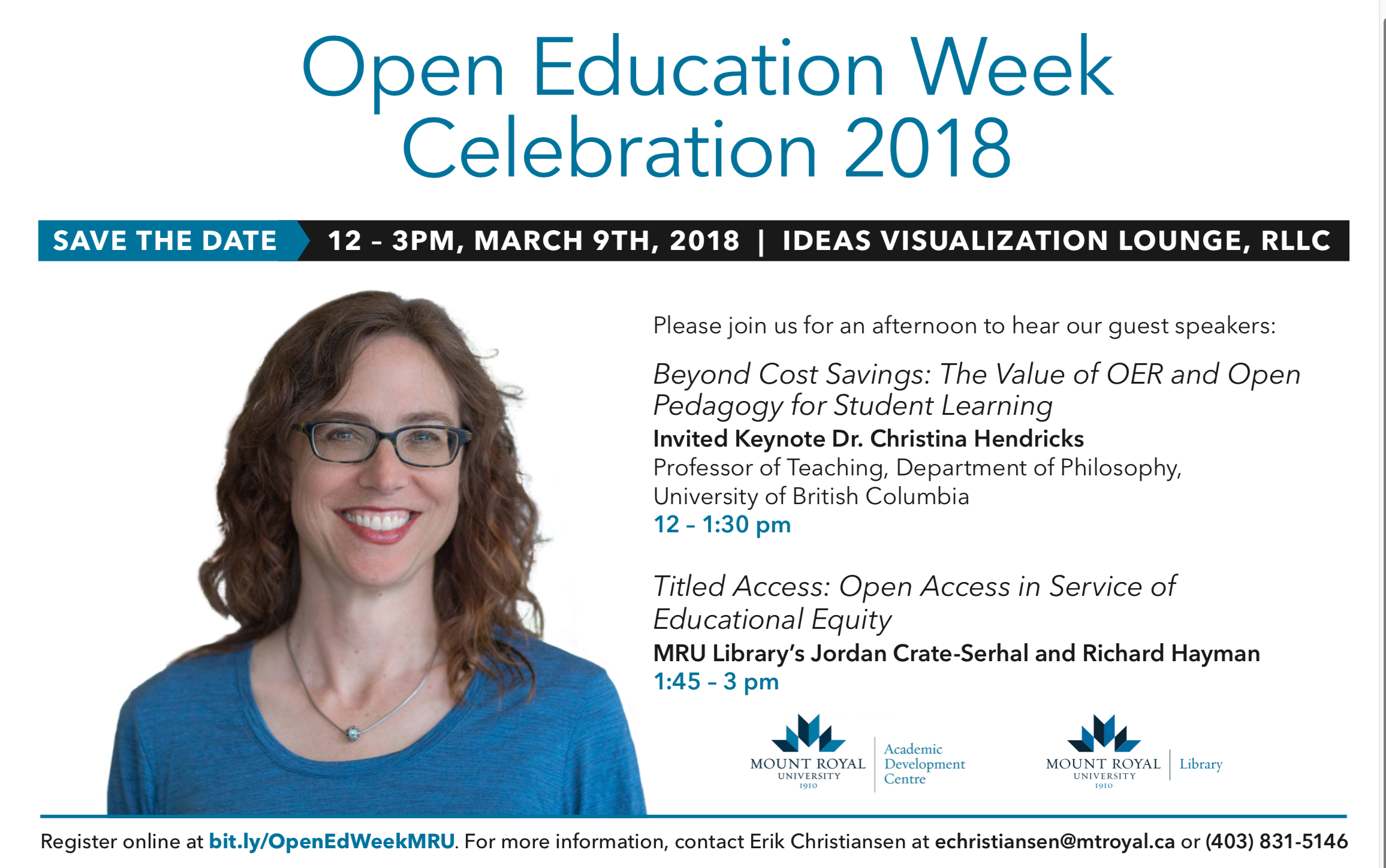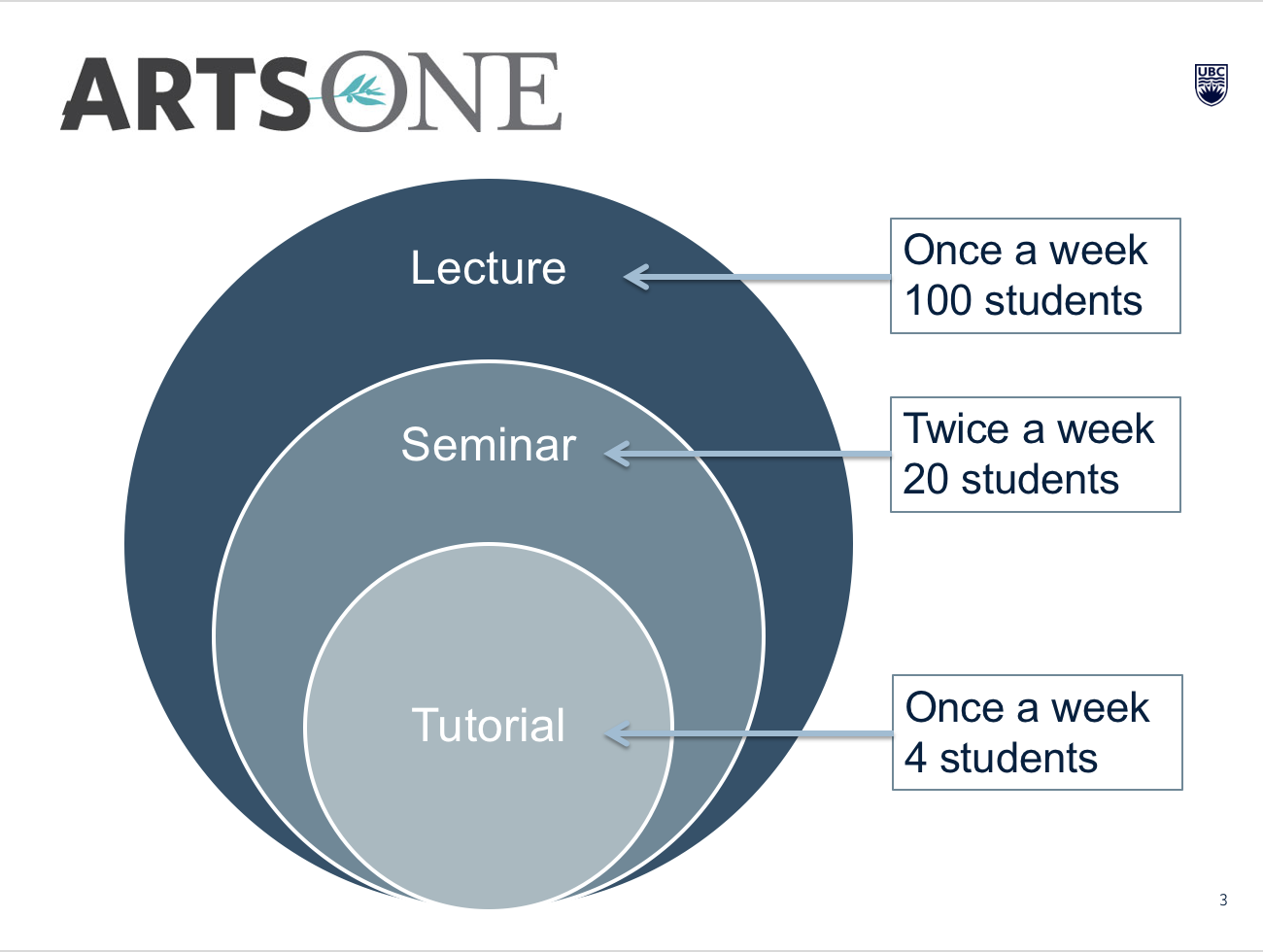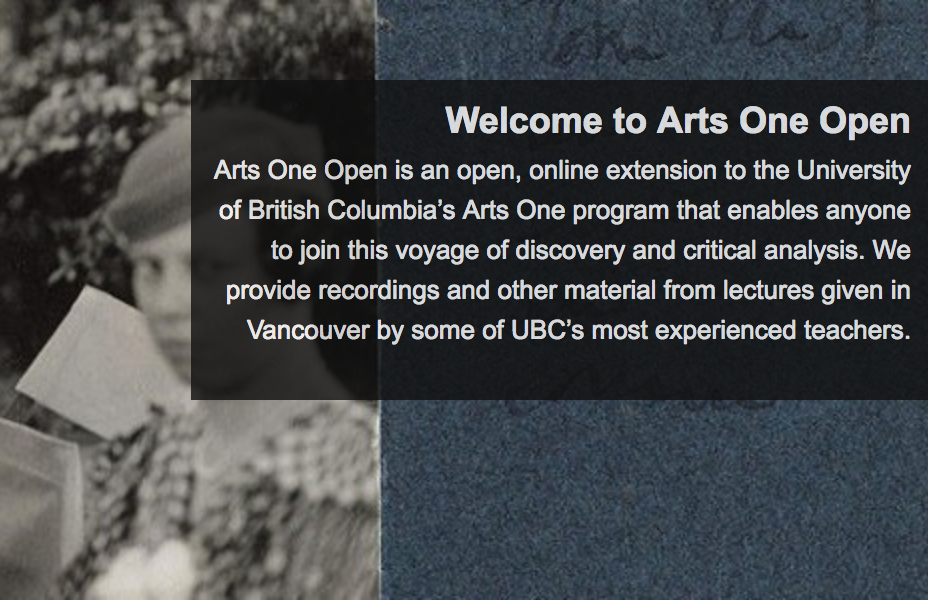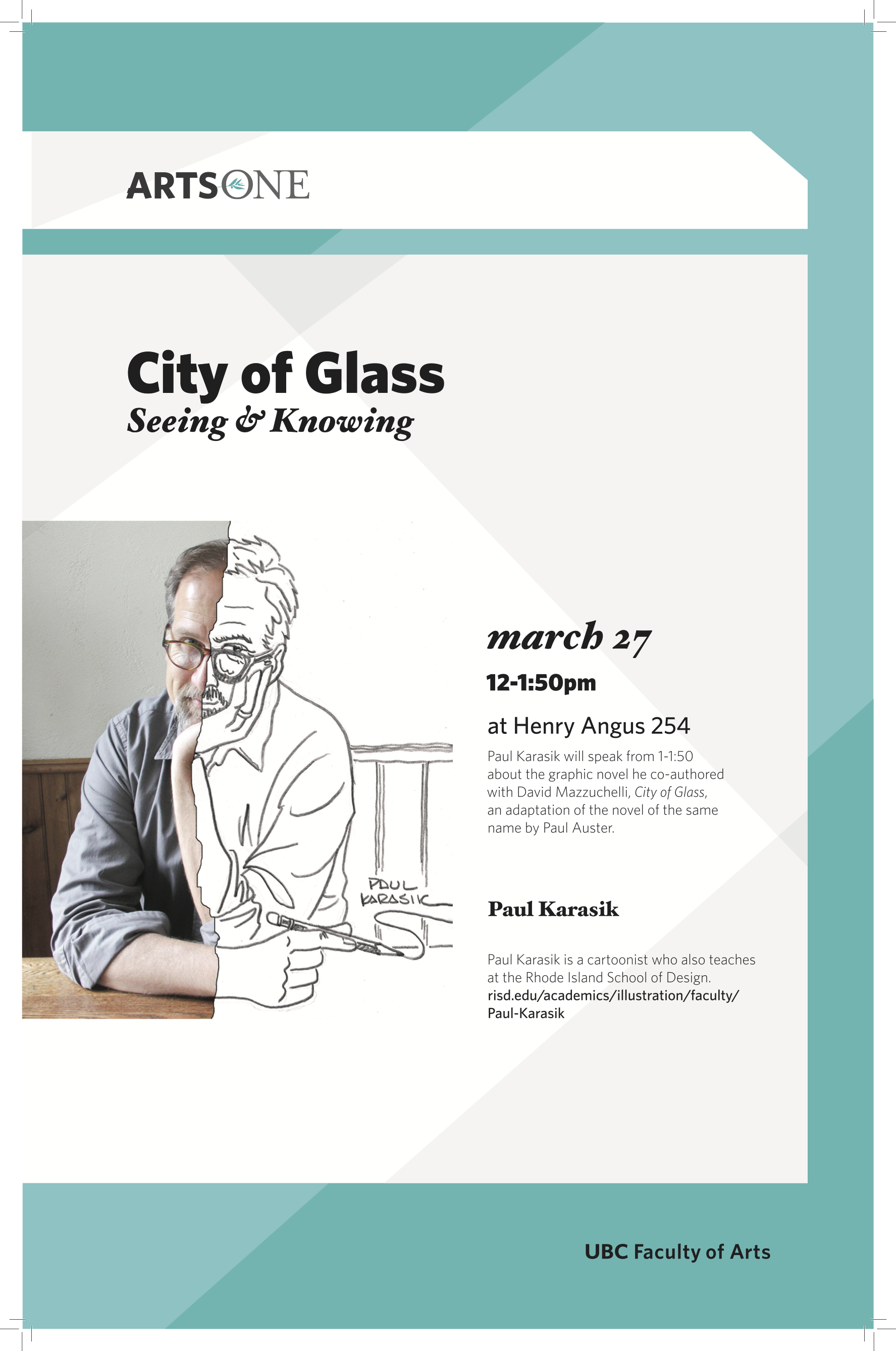Tweet with images from the Creativity in the Open workshop: one of our icon jam/dance jam, and the other of a music jam right after it.
In October 2017 I participated in a workshop at Thompson Rivers University called Creativity in the Open. This two-day workshop featured sessions on music, drawing, dance, educational technology, and much more.
I and Rajiv Jhangiani facilitated a session called an “icon jam.” This was based on a session I had participated in during ETUG‘s spring workshop 2017, facilitated by Jason Toal and Leva Lee. Jason has posted some information about the icon jam on the Simon Fraser University EdMedia site.
The basic idea of the icon jam, as I understood it from the ETUG workshop in 2017, is to get people to quickly draw icons for a set of concepts, compare them, and discuss what one can learn from this activity. Drawing quickly is key because you don’t want people to get hung up on trying to make their drawings look really nice. The focus is on the concept and getting it across in a picture rather than a word, and it doesn’t matter if the picture is drawn really well or not.
The group generates a list of icons to draw, and then each person has 30-60 seconds to draw each one (up to you how long you want to give people; we gave people 45 seconds for the first couple of rounds, and then 30 seconds after that). We gave out coloured index cards and people drew each concept on the same colour card. So, e.g., here is our list of concepts and colours:
- help (green)
- risk (yellow)
- spring (pink)
- permission (blue)
- power (purple)
Then, when everyone has done their drawings, we put all the same coloured cards together and do a gallery walk. We discuss similarities and differences, icons that stand out as different from the rest, which ones we find surprising, etc. During this or afterwards, the group discusses the value of this kind of activity for teaching and learning. For example, I have found that this is a way to get at different nuances and meanings of concepts in a way that you don’t immediately get just by using the word. For complex philosophical concepts like “justice” or “morality” or “good” or “personhood” or “self” (etc.), this could be a way to generate different understandings of the ideas.
Another thing it brings out the ways in which our social, historical, cultural backgrounds influence how we put ideas into pictures. And it can generate discussion around that: why do several people use X icon for Y idea? What lies behind that? And is that social, historical, cultural influence limiting how we understand the idea?
We added a twist to the icon jam, though: Rajiv brought in a movement aspect to it after we were finished drawing and discussing the icons. We took the same list of icons and, in groups, turned each one into a movement. Then the groups came together and created a dance. It was really fun and wonderful to see that people weren’t too self-conscious doing it. We think perhaps warming up by talking about not worrying about one’s drawing, and just drawing even if one thinks one is no good, might have helped. Plus, we already had the icons for the concepts and that could help spark ideas for a movement for each concept.
If you would like to see our planning notes for the icon jam session, they are on a Google doc.
This reflection by Tanya Dorey nicely explains more about the session (and has photos of the icos!), as well as how the whole Creativity in the Open workshop came about. It was such a fantastic experience–two days of being creative with wonderful people!




